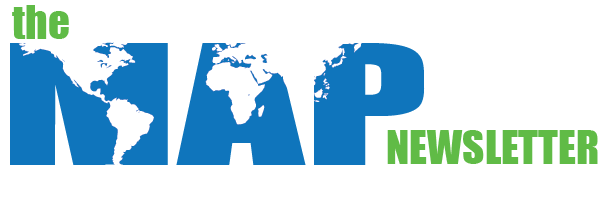Medical publication policies and guidelines offer a framework for best practices, but there may be situations when more than one approach seems reasonable. The primary purpose of “What Would You Do?” is to explore examples of such situations. With the limited information provided to interpret the scenarios, you may find yourself agreeing with one, more than one, or none of the proposed actions. And that’s the point ‒ you should debate, contemplate, and communicate (with a comment) before selecting your “best” answer.
Now let’s find out how you responded and read through some commentary (for context only; not meant to be comprehensive) to the below scenario:
You are a publication professional. A non-industry author states on his/her conflict of interest (COI) form that he/she has “no COI” despite your knowledge that he/she is engaged by several companies for consultancy and speaker engagements.

A total of 109 respondents replied to this poll.
Disclose the COI even if the author neglects to state them. (0% of responses)
While it is good practice to try to correct any inaccurate or overlooked content (similar to aligning on final edits to a publication before submission or including a contributor in the acknowledgements), permissions and approvals are needed before proceeding with COI. The missing COI can be flagged to the author for approval as a courtesy, but it can be disclosed only with the knowledge and approval of the author.
Do nothing; you are not responsible for the accuracy of author COI. (4.5% of responses)
Medical publication professionals should ensure that all the content associated with a publication is reported accurately, and this includes COI. Thus, if the COI appears to be inaccurate, then it should be clarified with the author.
Point out the specific overlooked COI to the author as a courtesy, update the COI accordingly, and ask for him/her to confirm the updated COI. (46% of responses)
With this option, the medical publication professional does the work by pulling together the COI and asking the author to review and confirm before proceeding. The importance of accurately reporting COI should be pointed out to the author as the rationale for why this was done, and ultimately the author must approve the changes.
Explain to the author the importance of accurate disclosure of COI, asking him/her to think about any potentially overlooked COI without pointing it out specifically, with the author ultimately deciding what to disclose. (49.5% of responses)
This approach hints that there may be missing COI, hoping that the author will realize it and make corrections after a second look. With some authors, it is more efficient to be direct and clearly state the concern. For example, if the author responds and fails to correct the COI for whatever reason, then the medical publication professional may feel compelled to bring up the topic again and specifically point out the overlooked COI to ensure accurate reporting in the publication. However, this approach may be the most culturally appropriate with certain authors.
Key Takeaways
This case scenario illustrates that medical publication professionals should act when there may be an inaccuracy related to a publication. This includes reporting of COIs, which must be taken seriously and should not be treated like an afterthought or checkbox.
It is important to note that authors may have different interpretations of what needs to be reported as COI, and it may be beneficial to change the mindset by asking authors to provide their “disclosures” instead of “conflicts of interest.” The term “disclosures,” in general, signifies a set of activities and relationships that is broader and helps avoid potentially narrow interpretations associated with the term “conflict of interest,” which may be viewed solely as monetary compensation or related to relationships with the study sponsor only.*
There are certainly opportunities for harmonization of reporting requirements across journals, as well as education so authors can better understand what should be disclosed.
*Other disclosures include: consultancies; ownership interests such as stock, whether publicly traded or not; research grants; honoraria; patents and royalties; payment for advisory boards/committees, scientific councils, or expert testimony; travel support to scientific conferences or company meetings; participation on a company’s board of directors or speaker’s bureau; similar disclosures and/or employment in relevant industries (eg, pharmaceutical, biologics, medical devices, or diagnostics) as it pertains to close family members of the author; or any other relationships that could introduce bias as it pertains to the development, or implications of the results/conclusions, of the publication.
Eric Y. Wong, PhD, MBA, ISMPP CMPPTM, Janssen Scientific Affairs, LLC
This article was prepared by the author in his personal capacity. The opinions expressed within are the author’s own and do not necessarily reflect the views of Janssen Scientific Affairs, LLC.
